To understand Vanessa Quigley (née Munns), the cofounder of Chatbooks, it helps to first know a bit about her father, Ranier Munns. She says he grew up in a “micromanaged, strict, and super-conservative” household. He went on to start a law practice with his brother. But he also married Quigley’s mother, April, whom she characterizes as “a wild and crazy artist” who “helped him tap into his wild side.” Quigley’s parents bought a five-acre piece of property surrounded by orange groves outside Orlando, and decided to start having kids. Vanessa was the first; 11 more would follow. Once, at a family outing to a restaurant, someone asked Ranier what orphanage they represented.
But it wasn’t the brood of humans that would come to distinguish Quigley’s home growing up. It was the other animals. Quigley remembers that it “started with a dog,” which was normal enough. Then a cat. But one day, Quigley’s father came home from work, dressed in his suit and tie, trailing a goat.
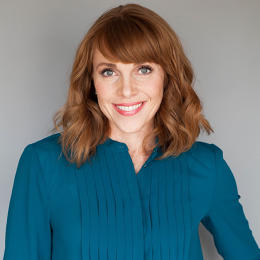
Her father had been looking through the classified ads, and he saw that Disney World, which was nearby, and had a farm, was looking to offload a black goat. He figured that they had the space, so he bought it.
He named it Walter, after Walt Disney.
Things spiraled out from there. As Vanessa Quigley acquired more younger brothers and sisters, so did her family acquire more and stranger pets. Her father came home with a pig. Then three ponies. Then exotic chickens, “the craziest-looking chickens ever.” One day, he came home with several black Barbados Sheep. (Too young to roam outside, they wandered the house for weeks in diapers.) Soon enough, Quigley was living on a petting zoo. Elementary schools in the area took field trips to her home.
Her father always seemed to have a rationale for the new animal he purchased. When he bought the milk cow, he claimed the family consumed so much milk that he would wind up saving money. “In the end, I’m not sure how cost effective it was,” says Quigley. “But it did give him a great opportunity to teach us hard, dirty, gritty work.” The cow required milking twice per day.
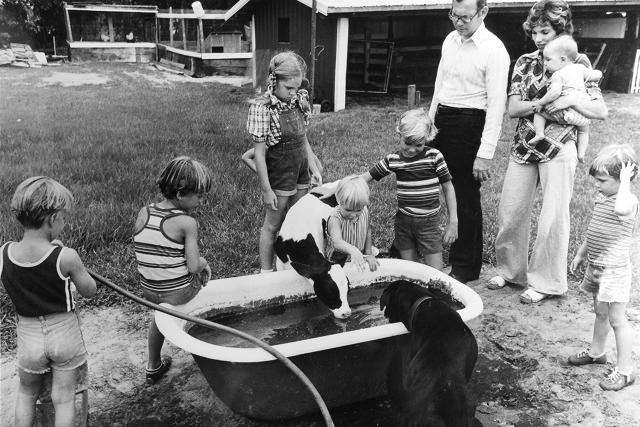
One day, Quigley’s father brought home an adorable calf. The family named him “Little Moo,” and Quigley remembers him as “our cute little pet.” Some years later, though, Quigley’s father hired butchers to handle “Little Moo.” They came out, shot him, and hung him in a tree to drain. (“I don’t think he realized the butcher would do so much there on the premises,” she says.) The children from the neighborhood watched it all, half-covering their eyes. As the butchers drove away with Little Moo’s carcass, it left a trail of blood down the road. “That was definitely a coming-of-age moment for a lot of kids in the neighborhood,” admits Quigley.
As the little zoo grew, and its animals got “weirder and weirder” (including zebras), Quigley watched as her father sought to monetize it. “My dad is a true-blue entrepreneur,” she says. Soon he began breeding dogs and selling them. He established a pine-tree nursery. What began as a hobby became a business, or several. And Quigley had a front-row seat for all of it.
Much like a startup, everything was learned on the fly. “There were no best practices,” recalls Quigley with a laugh. “It was just, ‘Wouldn’t it be fun if we did this?’ Just anything that would pop into my dad’s head. We just learned everything on our own.” It was a childhood that relished difference. “I just grew up being different,” recalls Quigley, “and loving being different.”
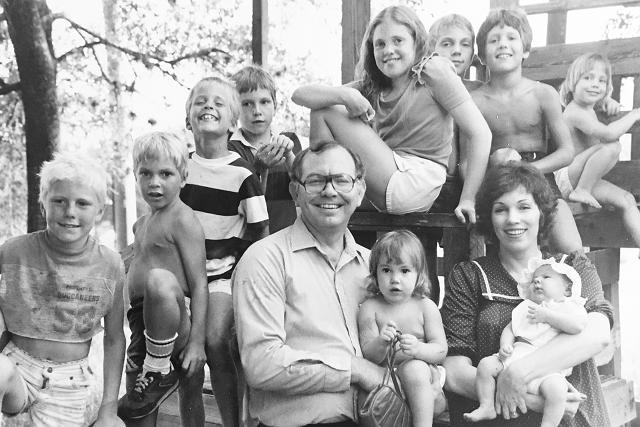
Quigley would eventually leave Florida, going on to school at Brigham Young. She married her junior year, and eventually settled in Utah. She and her husband, who have a mere seven children, cofounded Chatbooks in 2014, which offers users subscriptions to receive regular, automated print books of their social media photos.
Quigley says her days growing up on a petting zoo of sorts has served her in countless ways. The thrill of risk taking was inculcated at a young age. So was the idea that she was the author of her own destiny. She learned not to obsess or micromanage: “You can’t micromanage 12 kids,” she says.
She learned the equanimity that comes with a sense of humor. Her brothers used to capture gators on their property, duct tape their mouths shut, and leave them in their mother’s bed. “Any sane woman would lose her mind, but instead she would just break out into hysterical laughter,” recalls Quigley. She sought to bring a similar spirit to a recent snafu where emails sent out to her customers mixed up everyone’s names. “I was horrified, but at the same time, it was kind of funny. So we went on Instagram and said, ‘Did you know it was International Change Your Name Day?’”
During times of tension at work or at home, she has a recurring dream. “I’ll be catching a snake”—something she did often back in her Florida childhood—”and I’ll have to get behind them, right around the head, and hold onto them.” She says they’re not anxiety dreams. They’re dreams about being in control. Even when it’s a cobra in the dream, she’s not afraid. “There’s a sense like, ‘I’ve got this. I can handle this.’” Her unusual childhood instilled her with the sense that she can “tackle even the scariest, gnarliest of problems,” she says.
Things are no different for her parents as they age. Craving more space, the Munns bought a larger property in another part of Florida. Ranier started acquiring water buffalo, longhorn cattle, zedonks, and alligators. The resulting family-run theme park, Wild Florida, is now a well-known tourist destination about an hour from Orlando.
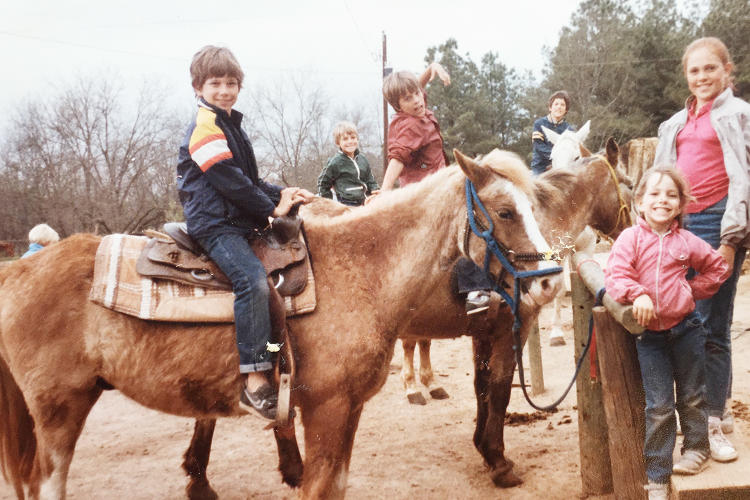
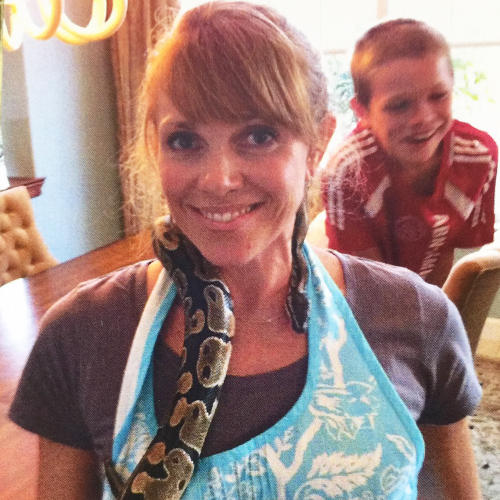
Heading out to Shadow Lake to go fishing with my brothers Collin, Daniel, Jacob, Wayne, and Ryan.
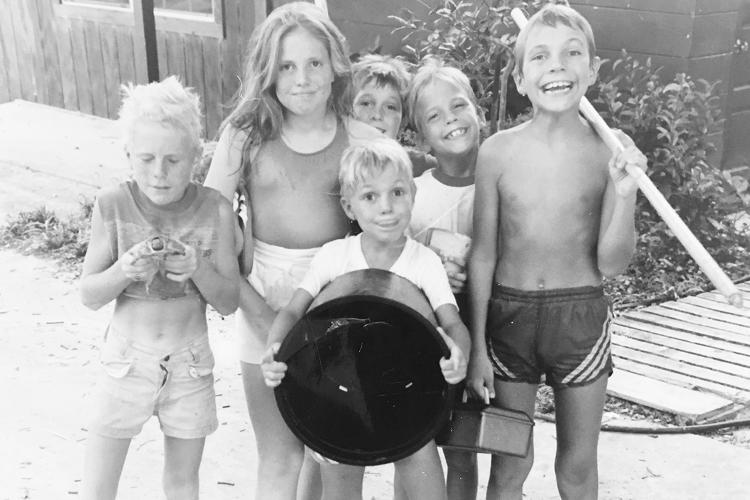
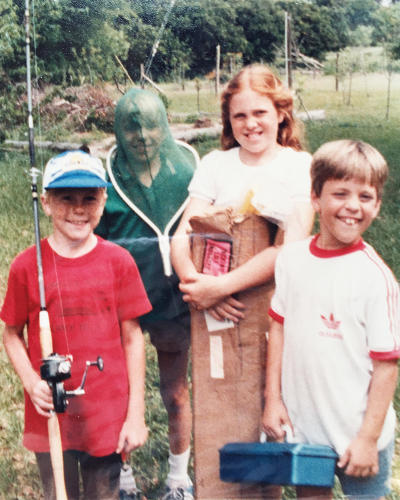
The Munns family
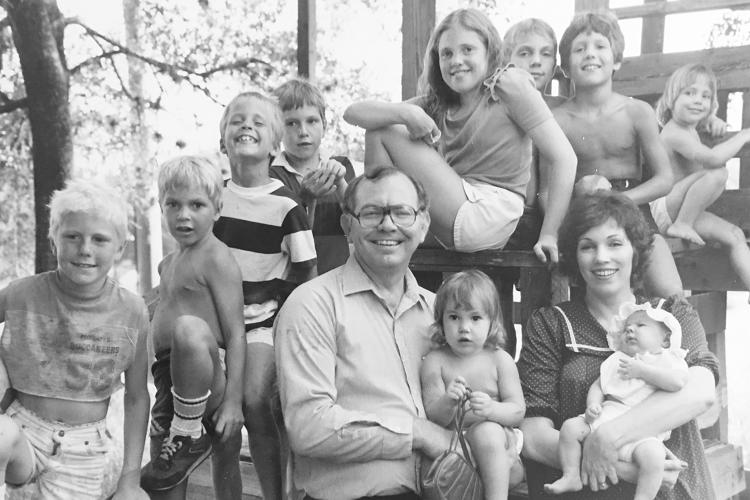
One of the Barbados sheep that lived in the house for a while
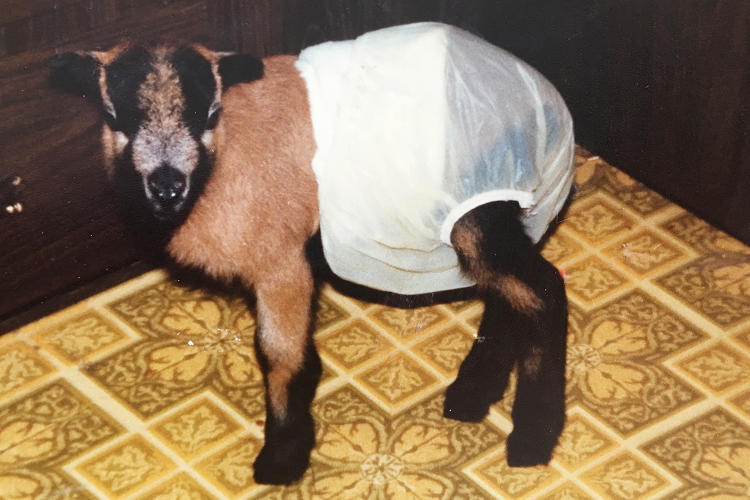
In order from left to right: Ryan, Jacob, Daniel, April (mom), Wayne, Collin, Vanessa, Steven
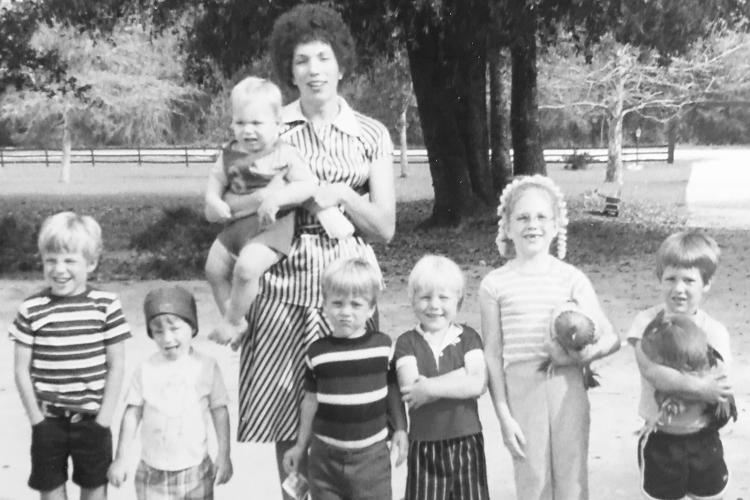
In the pasture with my family and Little Moo and our dog Argos
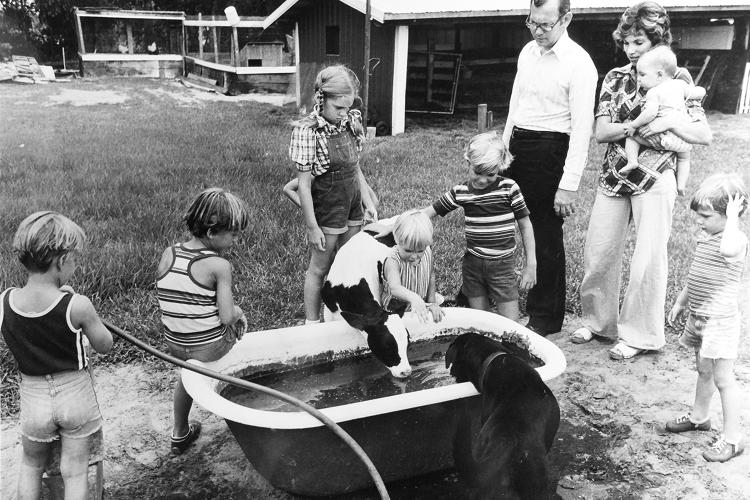
Fast Company , Read Full Story
(65)